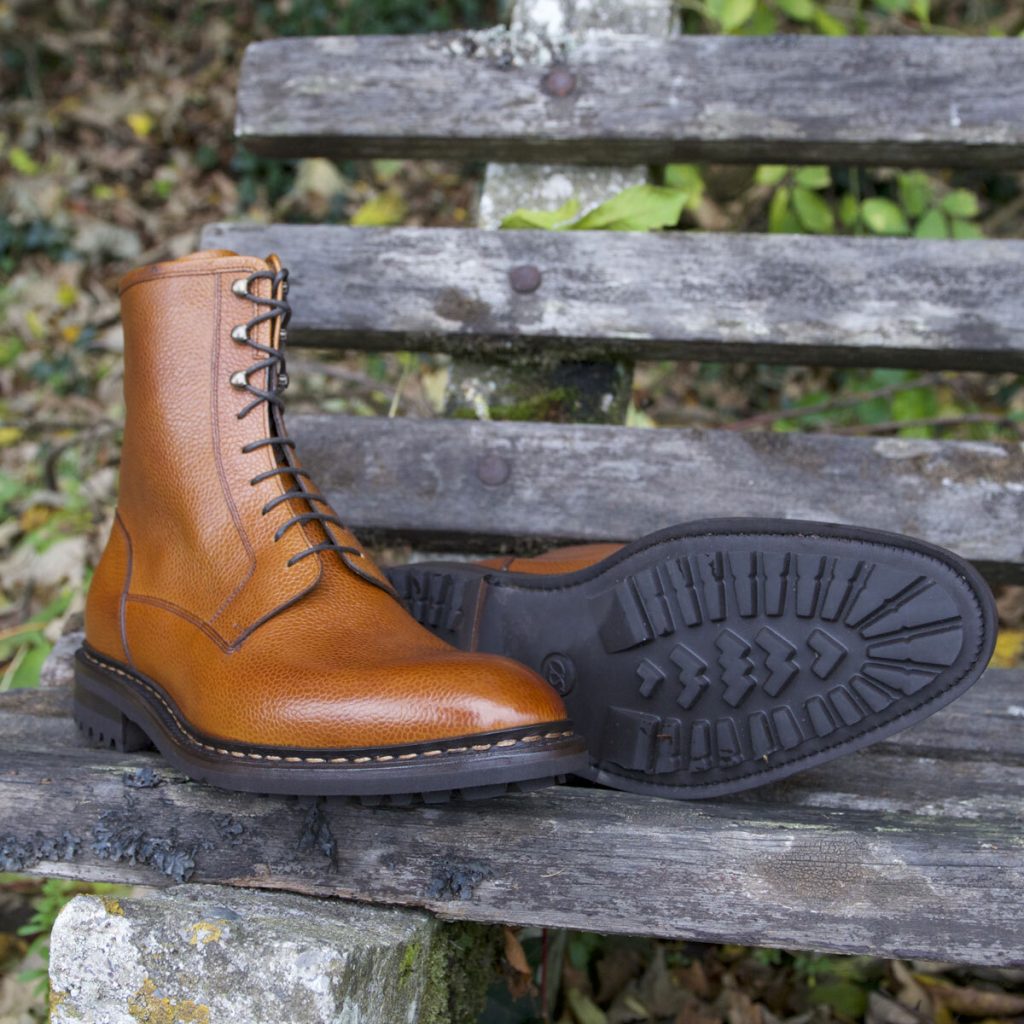We like to keep our staff busy and in recent weeks our warehouse legends have been weighing every size 8 shoe we sell.

We’ve not lost the plot…there is a reason behind our madness! Many people prefer a lighter shoe. For them, lighter equates to extra comfort, so we have been adding the weight of our shoes to our product descriptions. For your information, our lightest shoe is our Grecia slipper at 223g.
But is a lighter shoe more comfortable? In our opinion, it is a personal choice and depends on what occasion the shoe is required for.
Manufacturers of lighter shoes claim the lack of weight on your feet will be soothing to the sole and less arduous when walking or standing. Orthopaedic shoes are often billed as lightweight. Running shoes are also sold on their lightweight make-up with the aim of making their wearer more fleet of foot. Many of these shoes though will be made from breathable fabrics with synthetic soles.
Lighter footwear is also available in leather but what kind of weights are we looking at? Let’s start with the heavyweights.
A combat boot with a Commando sole, for instance, such as the Churchstow, weighs 1.24kg for the pair. That is roughly 2lbs 8ozs in old money. This may seem weighty, but I would suggest people who choose combat boots are looking for some old-school durability, bulk and grunt.

The amount of leather that goes into an upper will make a difference too. Sleek, more minimalist styles will weigh less than a brogue boot where there are several layers of leather and/or fabric. See the Coniston two-tone rubber-soled brogue boots. These are 1.46kg, but again, these are designed to be rugged! Our Burntwood monk boots have a tough biker feel to them and weigh 1.56kg.
One way to reduce the feel of weight in a boot is to opt for a slimmer Dainite rubber sole. However, these soles don’t actually weigh less but they do feel springier…and bring in less mud! Our Langdale II rubber-soled boots look less cumbersome, but they are actually heavier – at 1.44kg – than the Churchstow while our Kirkdale Chelsea boots weigh in at 1.37kg.
Leather soled boots will be lighter but only by a fraction in most cases. We have five Chelsea boot styles within a range of 1kg and 1.10kg, including two leather soled styles and three rubber. Our Ipswich style drops down to 821g.
Unsurprisingly, shoes weigh less than boots and the same factors apply. Bigger soles equal more weight. Brogues and no-nonsense Derbys and Gibsons often look like they should tip the scales due to the extra layers of leather they can incorporate, but again, the difference in weight is usually minimal and sleeker varieties of these styles do exist!
For instance, if we take two of our leather-soled bestsellers: the Mayfair Oxfords and the Carnaby brogues. The Mayfairs weigh 997g and the Carnabys are 1.04kg– just seven grammes in it – 3.5g per foot! Their rubber-soled alternatives are both 1.09kg. However, if it is dancing shoes you are after, our Aston patent Oxfords are our lightest dress shoes at 770g.

It seems the weight difference in shoes is often very minimal, but you may want heavier shoes for more rugged terrain at the weekend and lighter ones for the office. Horses for courses or soles for the soul if you prefer. How a shoe feels also may not correspond with its weight. As mentioned before, the rubber Dainite soles may weigh more than leather soles, but their springiness and flexibility will still give you a feeling of lightness.
In any case, we hope you find the new weight details on our product descriptions helpful but if you want guidance from our footwear experts as to how the different soles feel, then do not hesitate to contact them.